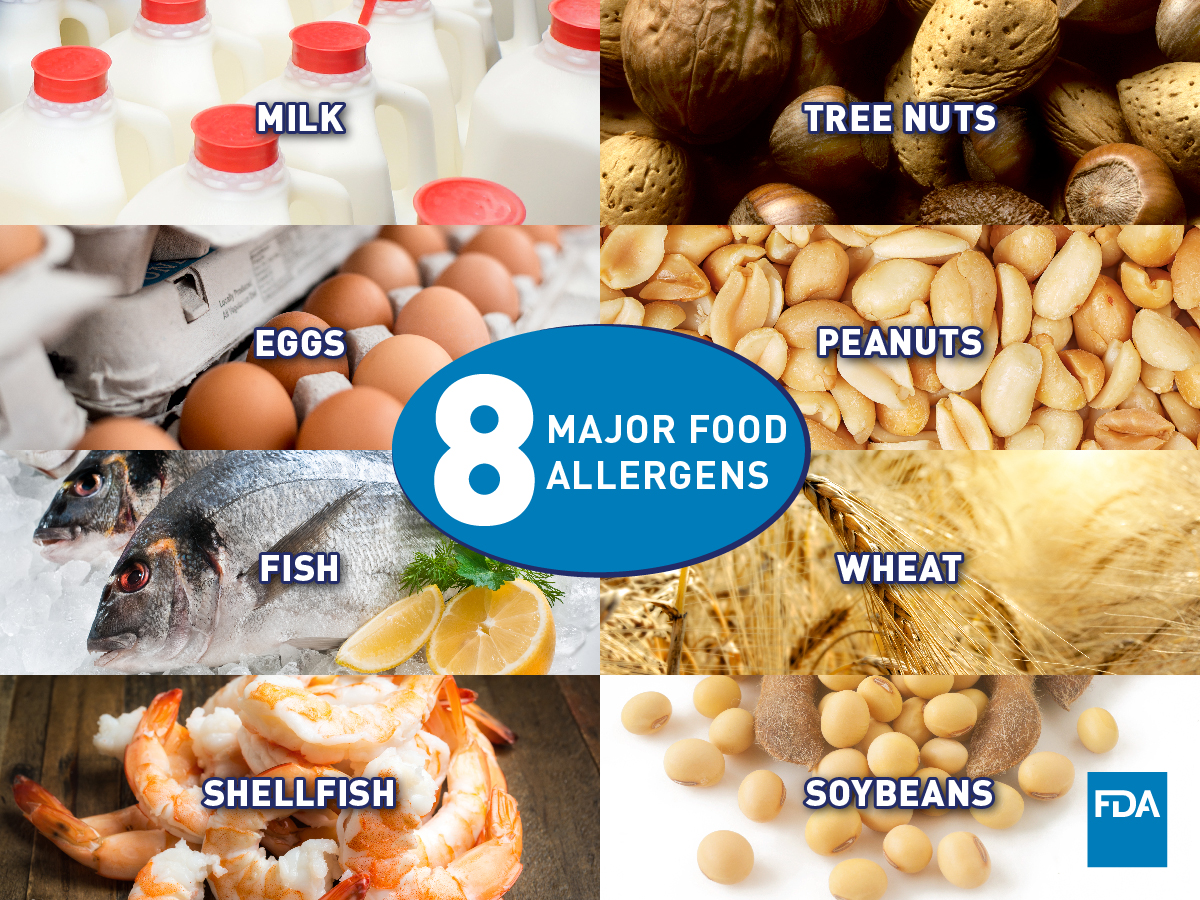Food allergies are frequently caused when the body’s immune system responds abnormally to a protein present in food known as “allergen”. It does not usually incite an immune response in many others. When you consume the food you are allergic to, it activates an immune response by producing IgE antibodies, which beget the symptoms.
Food Allergy versus Food Intolerance
| FOOD ALLERGY | FOOD INTOLERANCE |
|---|---|
| Related to the immune system | Only the digestive system is involved, with no relation to the immune system. |
| Occurs due to an immune response to a protein present in food | Occurs because of the incompetence of the digestive system to break down the proteins in particular food |
| Example: Peanut or Mushroom Allergy | Example: Lactose intolerance |
Food Allergy is one of the many allergies people usually suffer from. People may be allergic to many other substances like dust, pollen, the coatings used in fancy ornaments or fake ornaments, etc.

Common Symptoms of Food allergy
Consuming foods that lead to food allergy usually causes symptoms such as the following –
- Puffiness of the face
- Swelling in and around the lips and/or on the tongue
- Coughing and/or Difficulty in Breathing or Air hunger
- Itching all over the body with/without rashes
- Abdominal Cramps
- Vomiting and/or Diarrhoea followed by Dehydration
- Severe allergic reaction or Anaphylaxis in severe cases
If you suspect an allergic reaction to any food item, maybe staple in your area or place you are from, stop consuming that item and seek appropriate medical attention.
Some Common Food Allergies
People may be allergic to any food, but these are the most typical food allergies per various Health Agencies.

Tips to MANAGE & PREVENT Food Allergies
The single most effective and time tested way to prevent an allergic reaction to some food is to altogether avoid the food, be it in the tiniest nibble or sip.
- Read the Contents or Ingredients Label carefully, followed by any cautions present on the labels of the packed or processed foods.
- Set utensils and cutlery separate for any allergic person to prevent any scope for cross-contamination
- When dining out or picking up a takeaway, check with staff and inform them about your food allergy.
- Never forget to take your prescribed medicines with you. Double-checking each emergency medicine or their backup stocks does wonder when in need.
- Consult and discuss an action plan should you have any accidental consumption of an unwanted item.
Points to Remember when you report an allergy
A clear description of the reaction, including:
- Date the reaction occurred. First time when it happened, if it was not the first time.
- All symptoms experienced during the allergic reaction.
- How long after you ate or drank the product that the reaction occurs.
- Medications that were used to treat symptoms.
- Whether the reaction required further medical care, what kind if so. You may provide contact information for the treating doctor or hospital.

Leave a comment